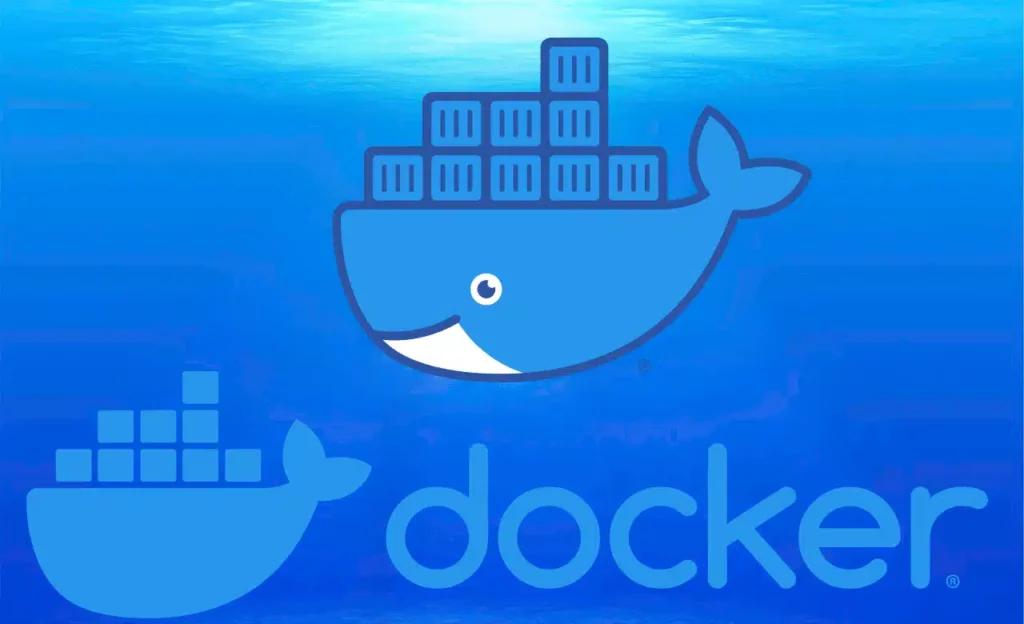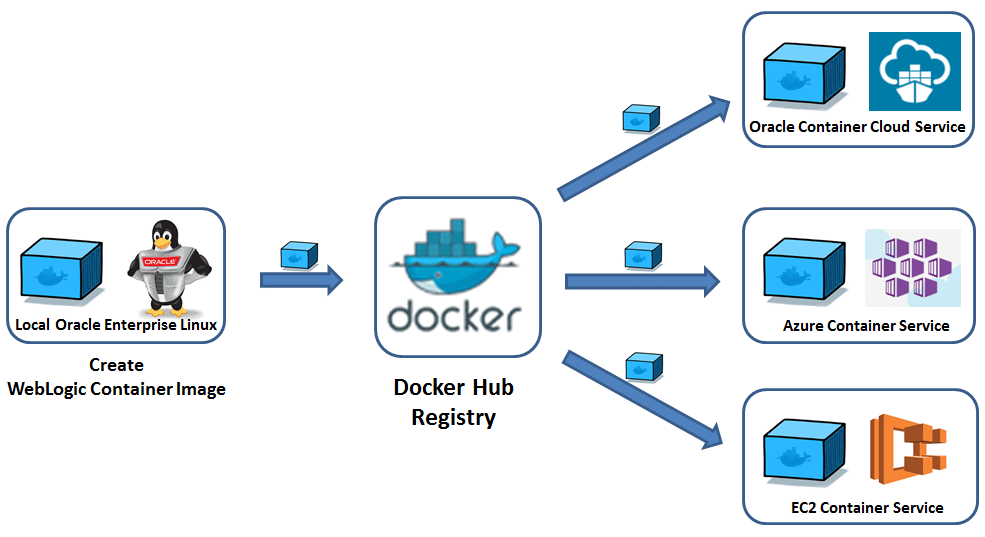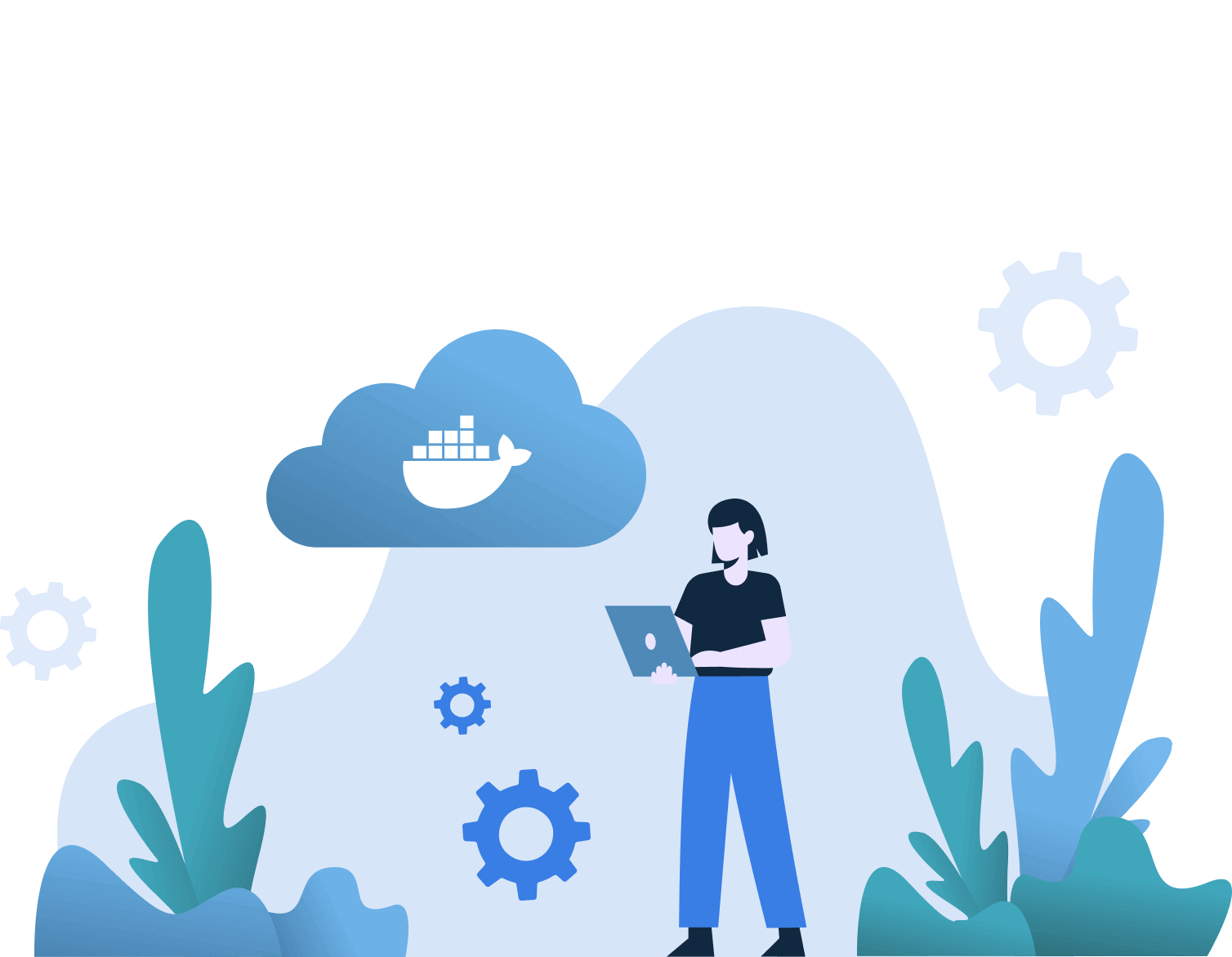Open-source initiatives are enthralling the tech world in this age of modern technology, with Linux acting as an excellent core for many creative innovations. Open-source and web-based innovations have accelerated cloud computing adoption, resulting in the birth of multiple service models such as Infrastructure as a Service (IaaS), Platform as a Service (PaaS), and Containers as a Service (CaaS) (CaaS). Docker Cloud has developed as a formidable alternative for delivering large applications utilising Docker’s containerization technology as needs for stability, resource efficiency, and security rise.
Docker, an open-source platform, enables developers and businesses to deploy complex applications with ease. Docker Cloud, with the cloud idea at its heart, enables companies to more efficiently use Docker PaaS or CaaS, allowing for quick scaling and exploitation of integrated resources, software, and server designs.

Docker Cloud becomes an agile application deployment engine by combining lightweight container virtualization with a virtualized container environment. This simplified strategy improves development and containment processes, making them more resourceful and efficient.
Dockerized application deployment and administration on the cloud platform are easy, mobile, and adaptive. Docker Cloud outperforms standard IaaS and PaaS modules for various reasons:
- Accelerated Setup: Docker Cloud offers instant setup and activation of the integrated platform, saving valuable time for IT operations teams. It caters to tight deadlines for application development and implementation on the cloud.
- Added Level of Security: Docker Cloud establishes a secure link between the cloud platform provider and Docker engines, providing an additional layer of security. This ensures the protection of data and processes, safeguarding the system against external threats.
- Adaptive Development Platform: Docker Cloud’s API-based development platform, accessible through a web user interface, grants developers greater flexibility in developing, deploying, and troubleshooting Dockerized applications running on the cloud.
- Automated Workflow: The web UI of Docker Cloud offers extensive options for controlling the workflow of the entire platform. Developers can automate complex processes on the go by activating existing triggers or setting their own. This includes tasks like redeployment, restarts, and reconfiguration of containers.
- Amplified App Performance: Monitoring application performance becomes simpler with Docker Cloud’s fully-functional and integrated dashboard. Developers can remotely control all deployed Docker PaaS or CaaS modules, empowering them to optimize performance effectively.

Docker, a famous open-source container virtualization platform, is always evolving, bringing new capabilities that make it easier to configure and deploy diverse application types. Developers may find a wealth of online resources to help them get started with this cloud-based technology.
Docker Cloud transforms application deployment and management by improving efficiency, security, flexibility, and performance. As the Docker ecosystem grows, developers and companies may leverage its potential to unleash new possibilities in cloud computing.









